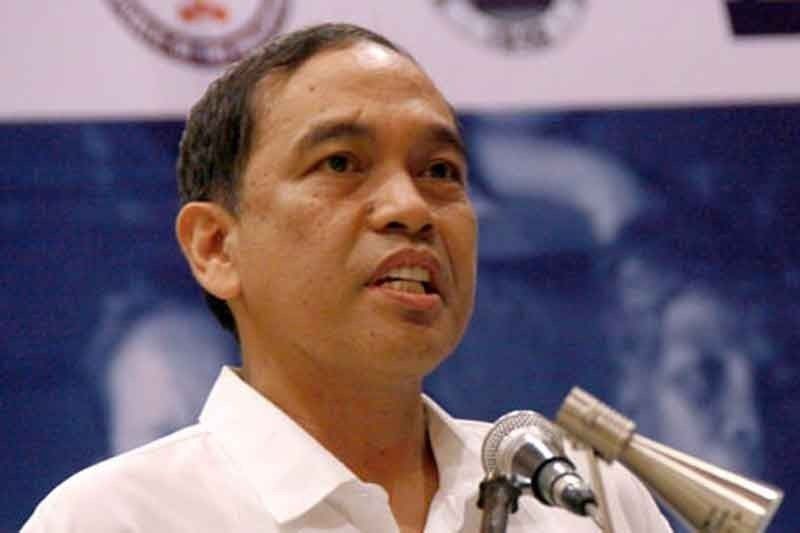Deficit-to-GDP ratio hits 6.9%

In 9 months
MANILA, Philippines — The country’s budget deficit as a percentage of gross domestic product (GDP) swelled to 6.9 percent from January to September due to higher expenditures in response to the coronavirus pandemic, according to the Department of Finance (DOF).
In his latest economic bulletin, Finance Undersecretary and chief economist Gil Beltran said the government’s deficit during the period widened to P897.2 billion, which is equivalent to 6.9 percent of GDP.
Beltran said the deficit-to-GDP ratio was 4.8 percentage points higher compared to the 2.1 percent recorded in the same period last year.
It is, however, lower than the projected deficit of P1.298 trillion or 10.1 percent of GDP for the period.
The economy shrank by 11.5 percent in the third quarter , bringing the year-to-date contraction to an average of 10 percent.
Beltran said nominal GDP likewise slumped by 8.6 percent in the first three quarters as the country battled the coronavirus pandemic.
According to the DOF official, the higher deficit-to-GDP ratio could be attributed to the growth in expenditures, mainly driven by the implementation of measures to respond to the COVID-19 crisis.
Government spending during the nine-month period rose by more than 15 percent to P3.02 trillion from P2.63 trillion last year.
This translated to an expenditure effort of 23.6 percent, 4.8 percentage points up from 18.8 percent a year ago.
On the other hand, government revenues in the first nine months declined by 7.92 percent to P2.14 trillion from P2.33 trillion in the same period in 2019.
Despite this, Beltran said revenue effort during the period rose by 0.1 percentage point to 16.7 percent from 16.6 percent in 2019. He said this was the highest first-three-quarter revenue effort level in history.
The DOF’s chief economist said tax effort, on the other hand, was clipped by 0.4 percentage point to 14.5 percent from 14.9 percent due to lower collections from the Bureau of Internal Revenue, Bureau of Customs and other offices.
“The fiscal reforms adopted by the Duterte administration, including tax reforms and the utilization of idle savings in the public sector, boosted the revenue effort to the highest first three quarters’ level in history,” Beltran said.
“These reforms have made the country one of the six strongest emerging economies to meet the challenges of the pandemic,” he said.
Going forward, the DOF official said the government should continue to pursue fiscal reforms to “sustain fiscal gains.”
In particular, he called for the passage of the remaining tax reform packages still pending in Congress, namely the Corporate Recovery and Tax Incentives for Enterprises (CREATE), and Passive Income and Financial Intermediary Taxation Act (PIFITA).
Given the weak revenue generation and higher spending induced by the COVID-19 pandemic this year, the Development Budget Coordination Committee expects the full-year deficit to balloon to P1.82 trillion or 9.6 percent of GDP.
- Latest
- Trending




























